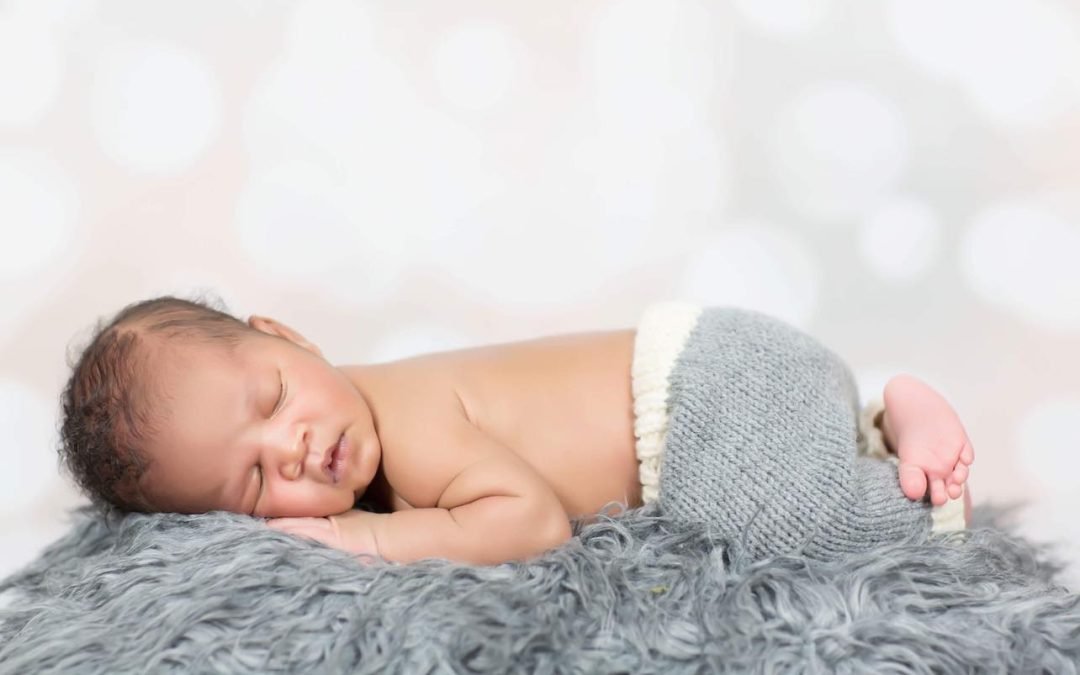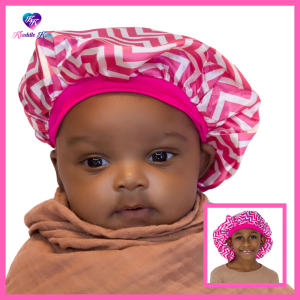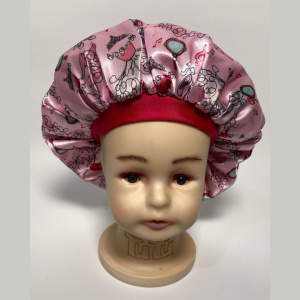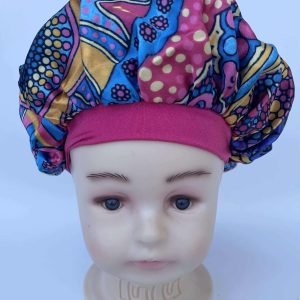Understanding Your Newborn’s Hair
As a new parent, you might be surprised by the amount of attention you pay to your newborn’s appearance. From their tiny fingers and toes to their delicate skin, everything about your little one is fascinating. One aspect that often gets overlooked, however, is your baby’s hair.
In this article, we’ll take a closer look at newborn hair, answering some common questions and offering tips on how to care for your baby’s locks.
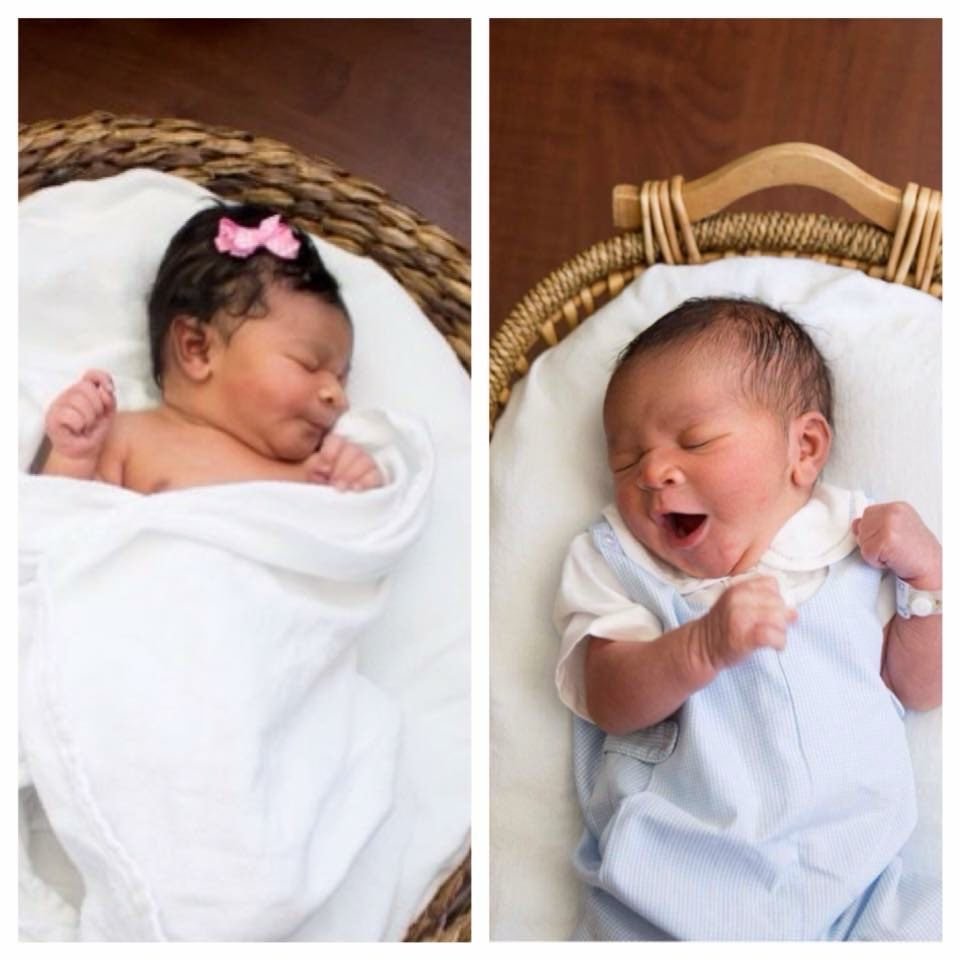
Why Do Some Newborns Have Hair While Others Don’t?
It’s not uncommon for newborns to come into the world with little to no hair. This is because the development of hair follicles begins in the womb and varies from baby to baby. Some babies may be born with a full head of hair, while others may not have much hair until several months after birth.
What Color Will My Baby’s Hair Be?
The color of your baby’s hair can be difficult to predict. Even if both parents have brown hair, for example, their child may have red hair or blonde hair. Hair color is determined by genetics, but it’s not always a straightforward process.
Can I Wash My Baby’s Hair?
Yes, you can wash your baby’s hair, but you don’t need to do it every day. In fact, newborns only need a bath two or three times a week. When washing your baby’s hair, be gentle and use a mild shampoo that is specifically formulated for babies.
How Should I Comb My Baby’s Hair?
If your baby has hair, you may wonder how to comb it without hurting them. Start by using a soft-bristled brush or a wide-toothed comb, and be very gentle. You may find it helpful to wet the hair slightly or use a detangling spray.
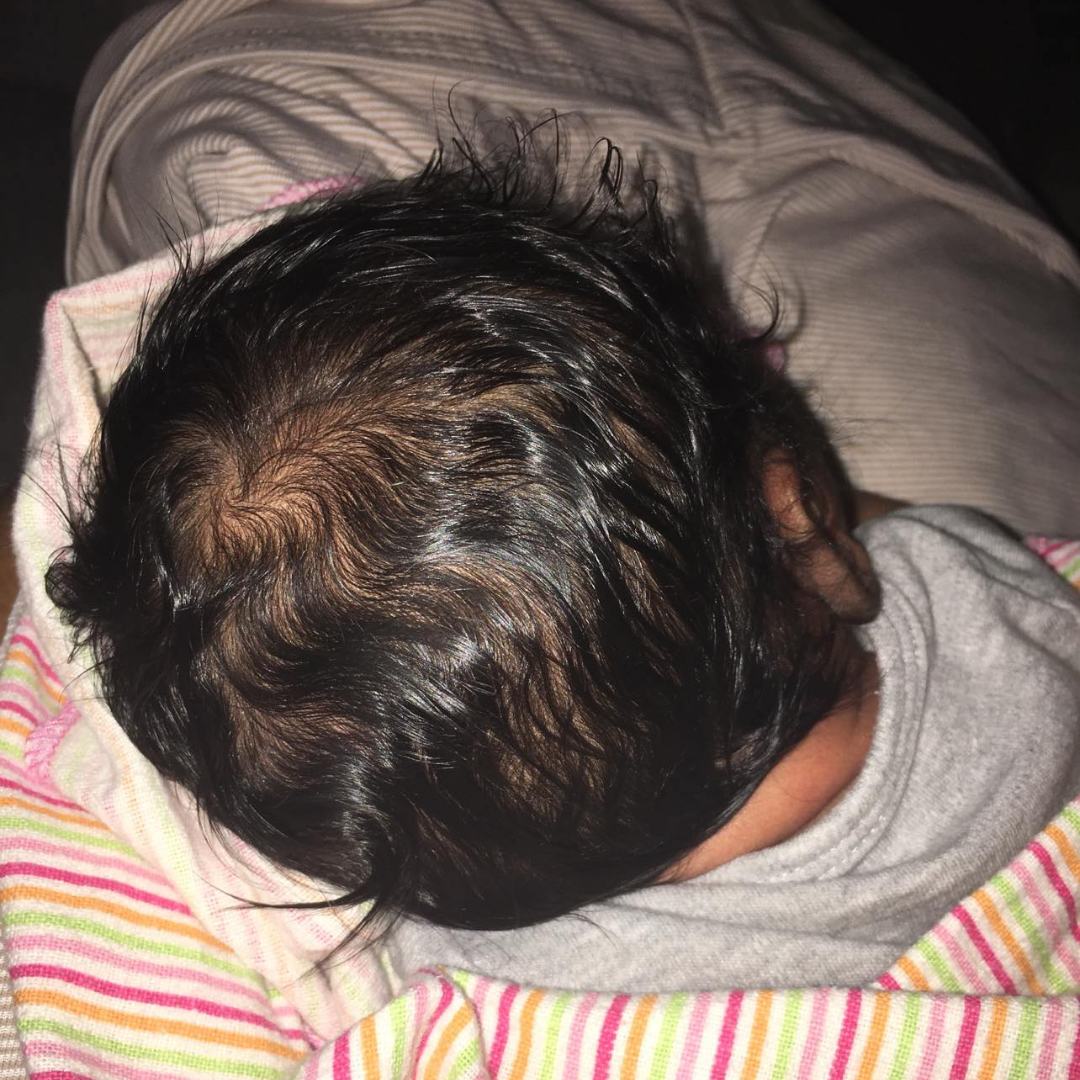
When Will My Baby’s Hair Grow?
As we mentioned earlier, hair growth varies from baby to baby. Some babies may have a full head of hair at birth, while others may not start growing hair until several months later. Generally, by the time your baby is a year old, they will have more hair than they did at birth.
Newborn hair is a unique and often overlooked aspect of your baby’s appearance. While it may not seem like a big deal, understanding how to care for your baby’s hair can help keep them comfortable and healthy. Remember to be gentle when washing and combing their hair, and don’t worry too much about when it will start to grow – every baby is different.
The Importance Of A Baby Satin Bonnet For Newborns’ Hair
When it comes to caring for a newborn’s hair, there are many things to consider, and one of them is the use of a baby satin bonnet. Here are some reasons why a baby satin bonnet can be beneficial for your baby’s hair:
Reduces Friction:
The material of a baby satin bonnet is smooth and silky, which helps to reduce friction on your baby’s delicate hair. This can prevent tangles and knots, which can be uncomfortable for your baby and make combing or brushing more difficult.
Retains Moisture:
Satin is known for its ability to retain moisture, which is essential for maintaining healthy hair. A baby satin bonnet can help keep your baby’s hair moisturized, especially if they tend to have dry or brittle hair.
Protects from Breakage:
The smooth surface of a baby satin bonnet can also help protect your baby’s hair from breakage. This is because it prevents the hair from rubbing against rough or abrasive surfaces, which can cause damage and breakage.
Prevents Bald Spots:
Newborns tend to spend a lot of time lying down, which can cause friction and rubbing on the back of their heads. This can lead to bald spots or thinning hair in those areas. A baby satin bonnet can help protect the hair and prevent this from happening.
Promotes Healthy Hair Growth:
By reducing friction, retaining moisture, and protecting against breakage, a baby satin bonnet can help promote healthy hair growth. This can lead to fuller, healthier hair as your baby grows.
A baby satin bonnet can be an important tool in caring for your newborn’s hair. It can help reduce friction, retain moisture, protect against breakage, prevent bald spots, and promote healthy hair growth. Consider adding a baby satin bonnet to your baby’s hair care routine to keep their locks looking their best.

